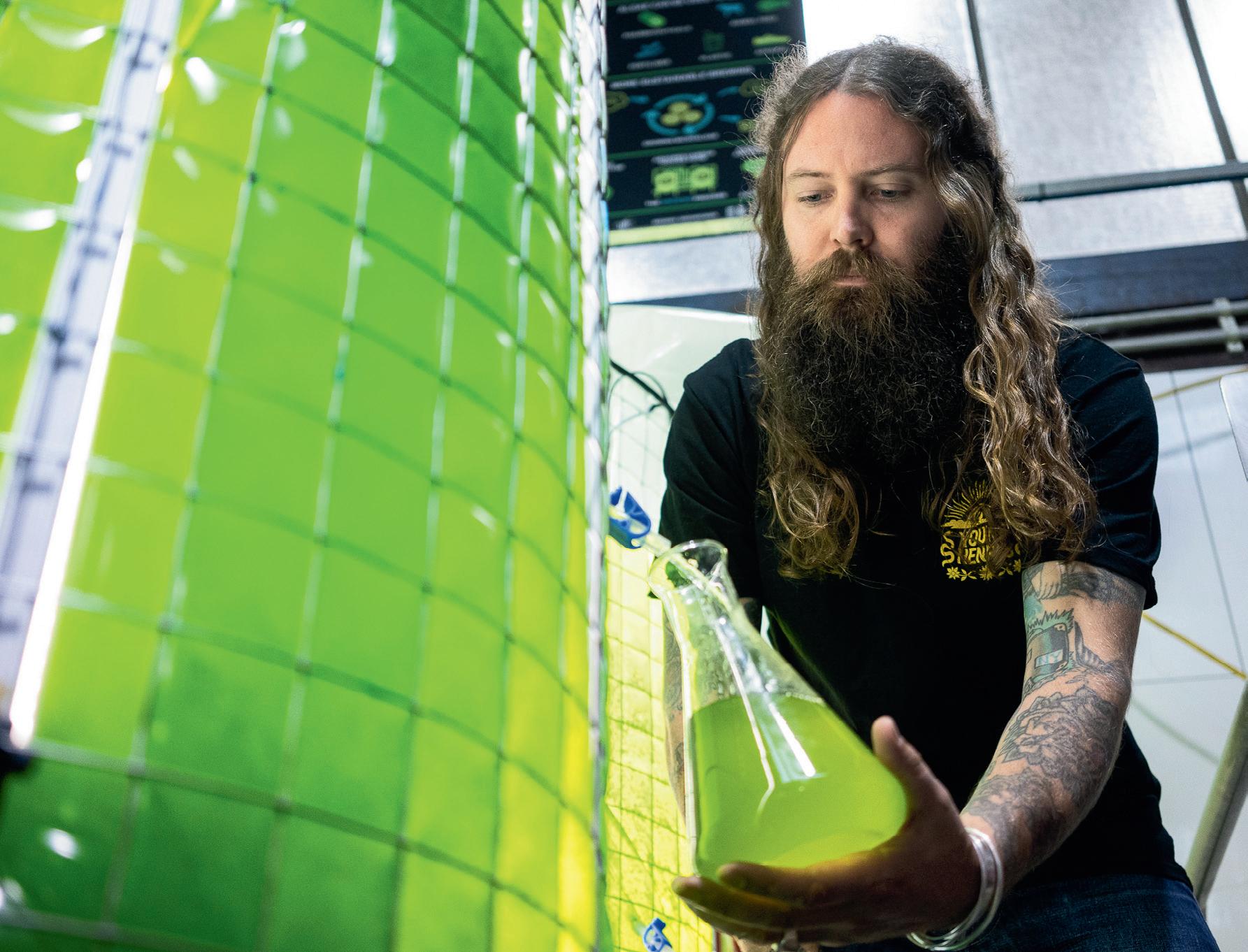
6 minute read
Sustainable schooner: feeding algae to cut emissions
Young Henrys’ brewers, along with scientists from the University of Technology Sydney Climate Change Cluster (C3), are capturing carbon dioxide (CO2), a brewing by-product, to feed algae, and in turn cut emissions.
The 400-litre algae bioreactors at Young Henrys are the centrepiece of the project — they produce as much oxygen as one hectare of Australian forest.
Algae are photosynthetic organisms that form an important part of all aquatic food webs and ecosystems. The two main types of algae are: macroalgae, which consists of kelps and seaweeds, and microalgae, which are tiny, microscopic plants that can grow both in fresh and salt water.
The CO2 from fermentation of just one six-pack of beer — brewing produces 35 g of CO2 per litre of beer — takes a tree two full days to absorb. Algae is up to five times more efficient than trees at absorbing carbon. In addition, the algae that is grown from sucking up all that CO2 can go on to have another life, and it can be used in creating products in the food, pharmaceuticals and bioplastics markets.
“We were inspired by the work the C3 group were doing and wanted to get involved. Some of the skills we have as brewers managing yeast have an analogue in growing algae — it’s almost like they have an inverse relationship. We thought it would be worth exploring how microalgae could work in a brewing operation to lower our carbon footprint and produce real-world solutions,” said Young Henrys Co-Founder Richard Adamson.
Professor Peter Ralph, Executive Director of the Climate Change Cluster, said, “Young Henrys is the type of company that takes leadership in the sustainability space; this partnership between UTS Climate Change Cluster (C3) and an industry
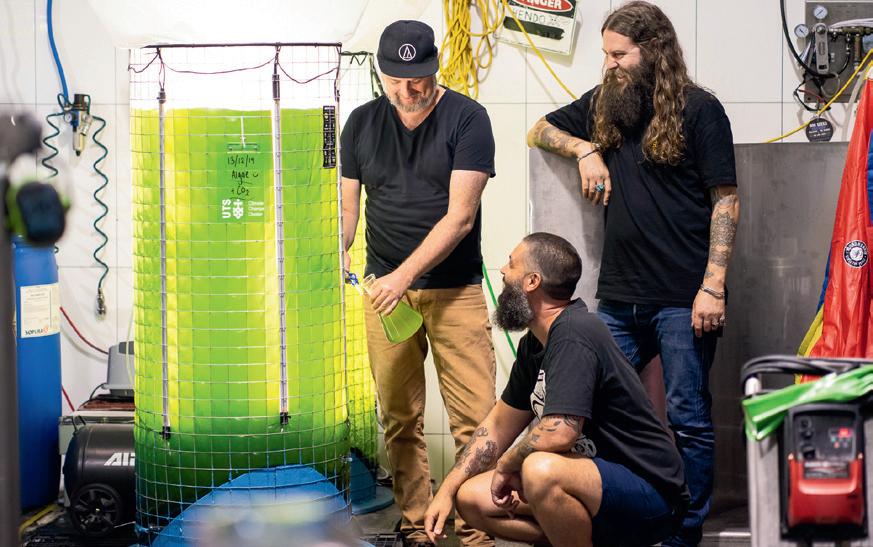
leader allows us to showcase that it is possible to have action today on climate change.
“This project really showcases how research, together with industry, can create practical and innovative solutions to address global problems today.” On their role of leading change, Young Henrys Co-Founder Oscar McMahon said, “As a business we believe that the private and public sector can lead the way in enacting change within society to reverse our impact on climate change. We feel as an independently owned Australian company, we need to do our bit and hopefully set a good example.”
The first phase of the partnership between UTS and Young Henrys is the research and set-up of the algae in the brewery. The second phase, which has yet to launch, will be a long process with the hope to achieve more carbon capture to create a large biomass of algae. More details related to phase two will be released in the coming months.
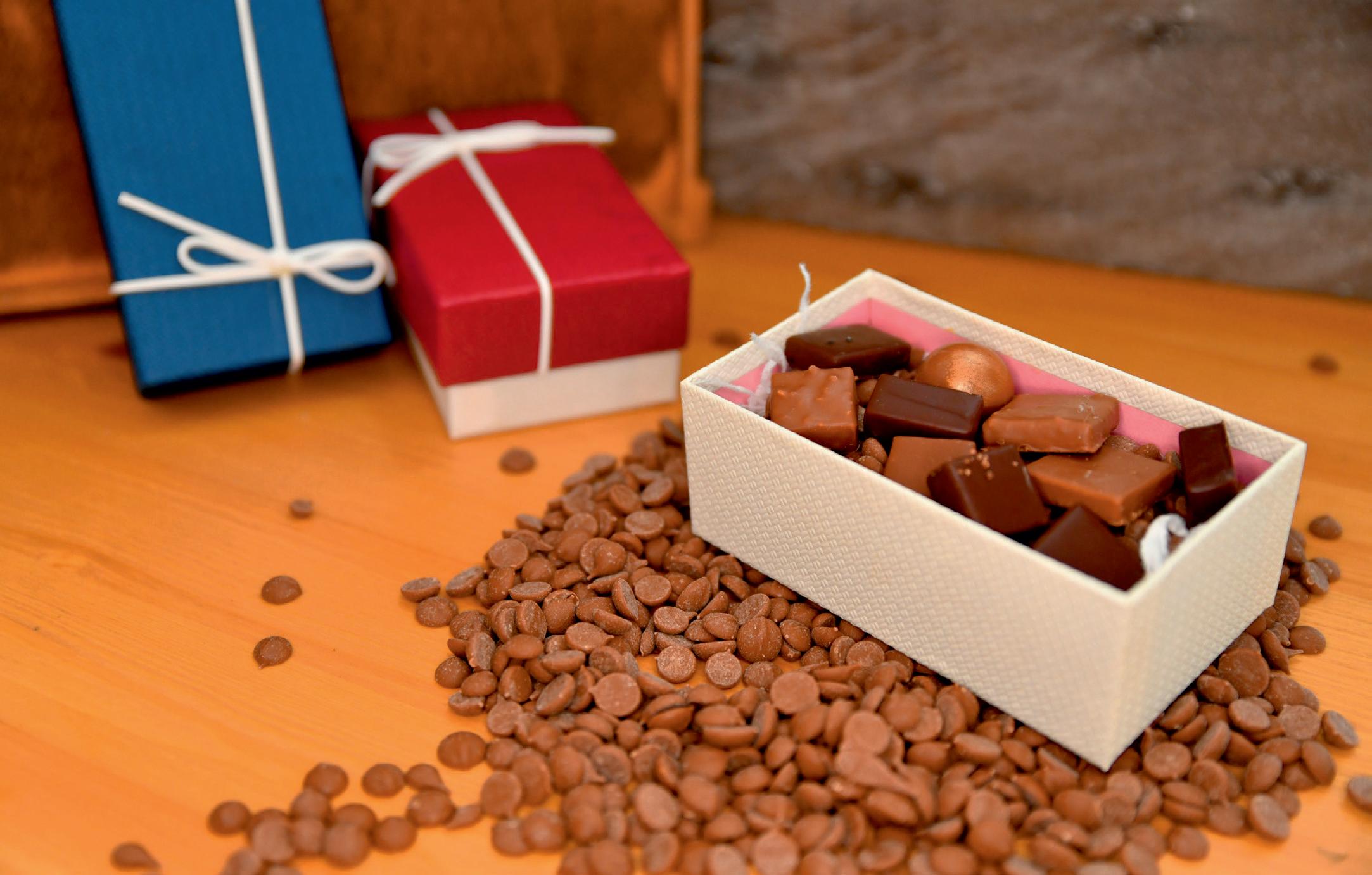
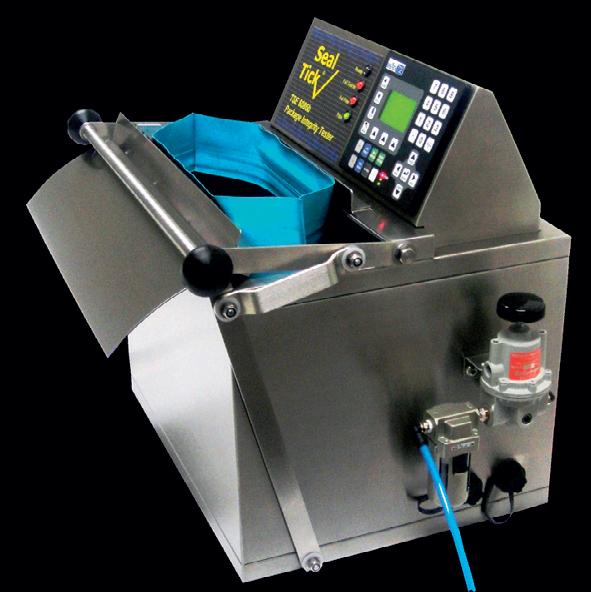
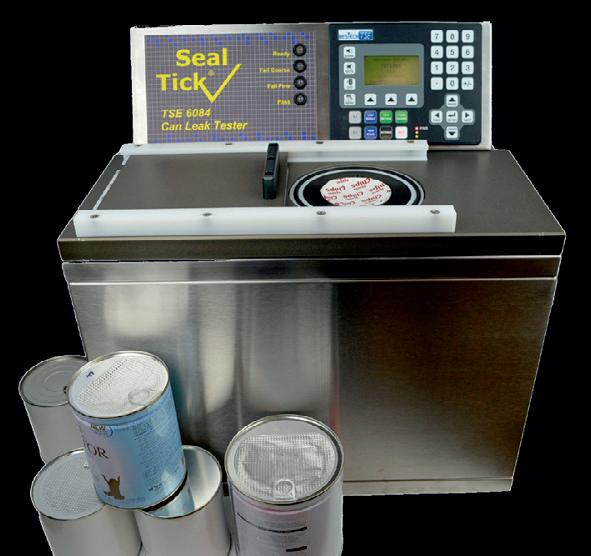

Boot cleaning system
The German-made AQUA Cube Bootwasher is a manual boot cleaning system made from UV-resistant polyethylene.
With internal stainless steel tubing and spray jets, it is designed for use in harsh environments. It features an encased design that minimises water splashing and aerosols.
Cleaning the soles of safety shoes or boots is simple — users turn the first ball valve to allow water to spray out towards the base; this with the bottom and side brushes offers a hands-free boot cleaning system. The addition of the water feed hand brush provides an additional cleaning mechanism. By turning on the second ball value, users have full control to clean the soles as well as the sides of the boots. And that is not all — the wastewater is captured and channelled away towards the ½″ hole minimising cross-contamination and keeping the area clean. The cleaning station includes — UV-resistant PVC enclosure to minimise aerosols and splashing; stainless steel tubing for corrosionfree equipment; bottom spray jets for hands-free cleaning of shoes; water feed hand brush for additional mobile clean; two separate ball valves for better control; outlet for wastewater which can be plumbed away; brass sanitiser dosing system.
FMCG Industry Solutions Pty Ltd
www.fmcgis.com.au
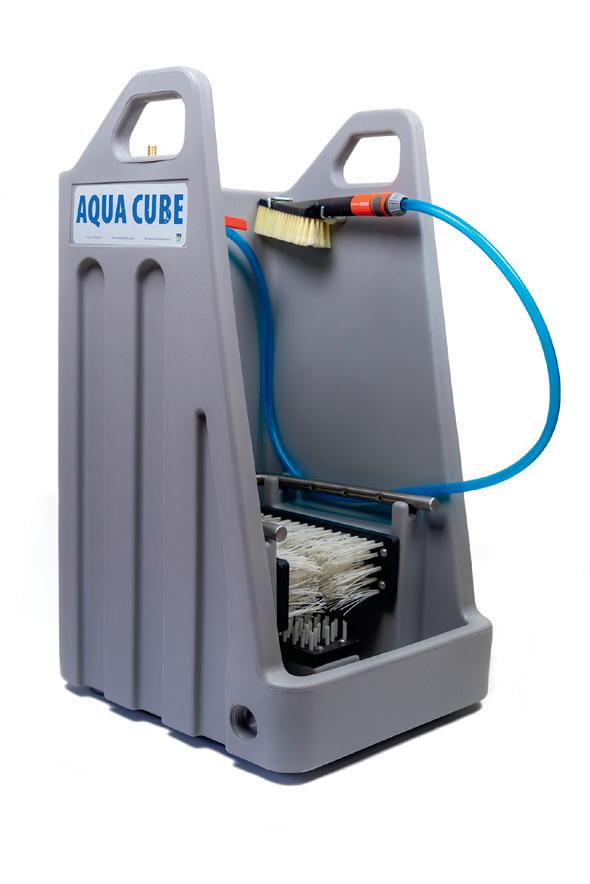
Easily insert fillings inside food casings
With Rheon machinery you can create your designer fillings – sauces, vegetables, condiments, pizza, cheese and insert them into meat, chicken, seafood, bread products, cookies, arancini and lots more.

MODELS TO SUIT ALL MANUFACTURERS, BOTH LARGE & SMALL
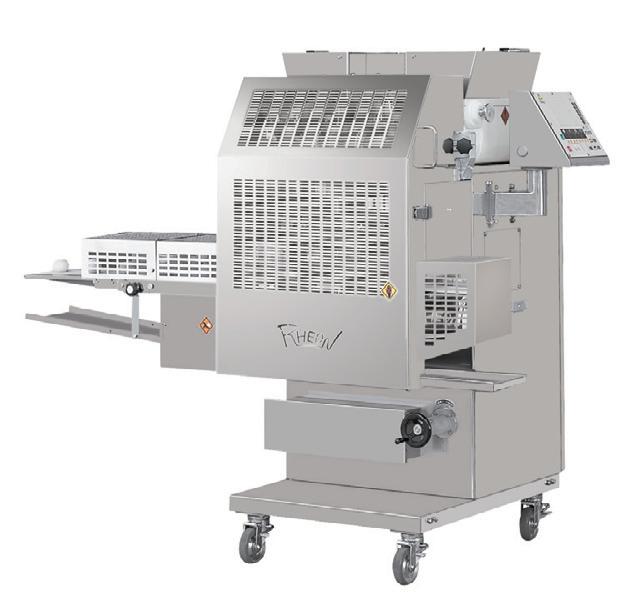

Phone: (61 2) 9939 4900 Email: ssyme@symetec.com C22/148 Old Pittwater Road, Brookvale NSW, Australia
www.symetec.com
Weighing and packing lines
Denmark-based Bilwinco produces cost-effective weighing and packing lines for a wide variety of food products. From standalone multi-head weighers to complete integrated packaging solutions, the company develops and supplies custom-built wet or dry multi-head weighers. Either platform-mounted or mobile weighing systems are available to suit production needs and maximise ROI. There are many challenges associated with processing fresh salad and fruit, including: very sticky; fragile, must be treated with exceptional care to guarantee shelf life; frequent product changeovers require distribution tool flexibility and easy cleanability; all fresh fruit products are processed just-in-time, meaning packaging line downtime costs grow exponentially.
The Bilwinco Linear Drive radial feeder vibration system transfers even lettuce leaves or sticky fruit to the weighing hoppers with minimum damage using a soft drop option. With a new clean design, periodic cleansing and product changeover is completed with minimal downtime.
Other features include: higher constant throughput of difficult products with Linear Drive vibration (Patent pending), keeping productivity high and product quality unmatched; less giveaway — direct weighing principle ensures 20–30% less giveaway compared to traditional weighers; low cost of ownership.
Bilwinco has improved performance weighing by completely rethinking the way product is handled, from the infeed over the centre cone and into the individual weigher heads. Its high-performance vibrator technology can be set to move almost any product carefully and efficiently, including difficult products such as wet, sticky/greasy and fragile products.
Select Equip
www.selectequip.com.au

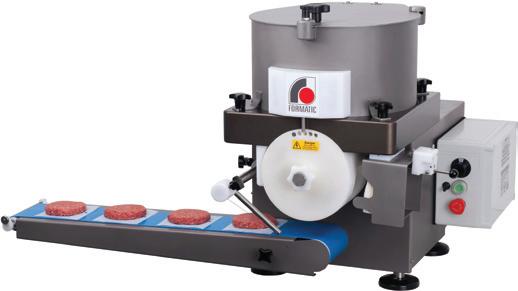
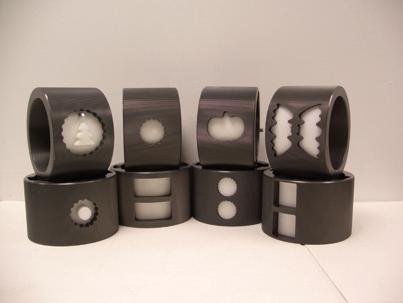

Process automation solution for routing liquids
The ABB Ability Liquid Routing Library provides a control engineering inventory for food and beverage manufacturers, and other liquid-related industries, including tank farms, pharmaceuticals and chemical resin plants.
The process automation technology provides users with optimal routing and CIP to help increase efficiency and reduce costs.
The digital application draws on ABB Ability System 800xA and will support routing and cleaning in place (CIP) functionalities needed for liquid-led production.
It can be used wherever products are transported, stored or processed in tanks and lines and is particularly relevant to dairy, brewing, sugar, mills and edible oil application programming.
Ready-made objects, including libraries, typicals, and templates for product routing, with recipe-based CIP, track and trace, preventive plant maintenance, Excel-based bulk data tools, are made available for users through the library.
Functionalities include alarm handling, alarm propagation between different units, queue handling for online production changes, control and supervision of process objects, interlocks and transfer of product and equipment settings like product codes, unit names and unit states.
The technology is designed to minimise the cost of developing an automation solution while maximising plant operability, and are designed to improve operator effectiveness.
ABB Australia Pty Ltd
www.abbaustralia.com.au
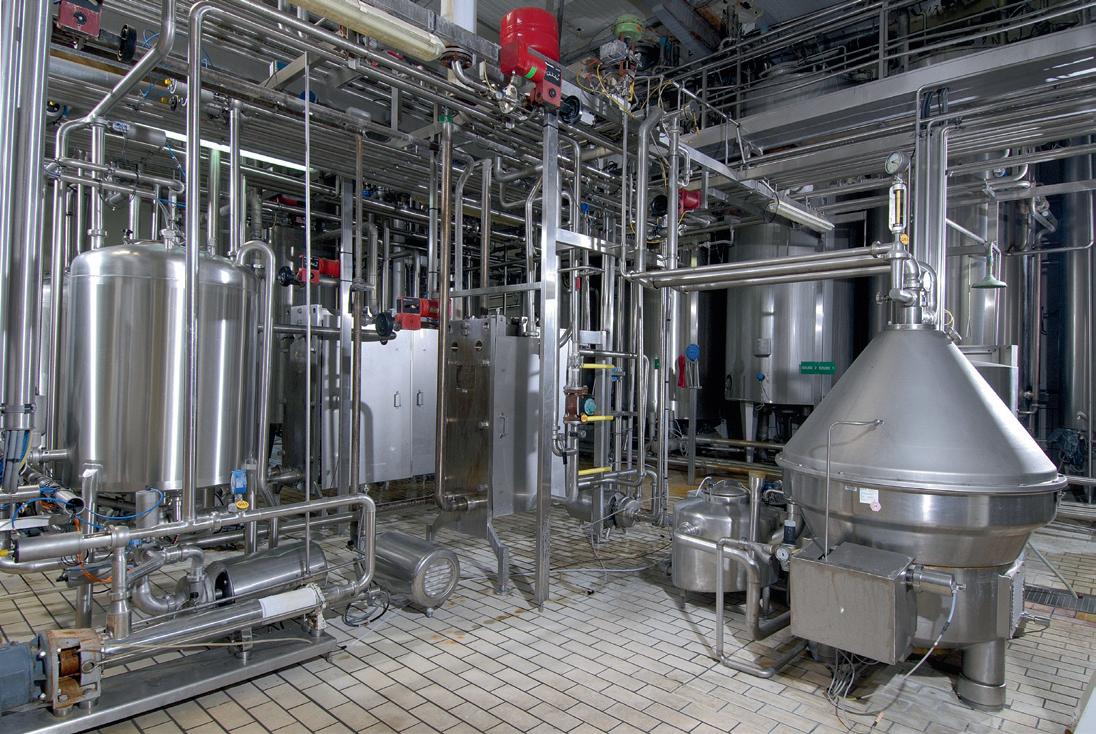
Efficient route planning and scheduling with PTV Route Optimiser
Improve Customer Service Improve satisfaction trough fast and timely deliveries
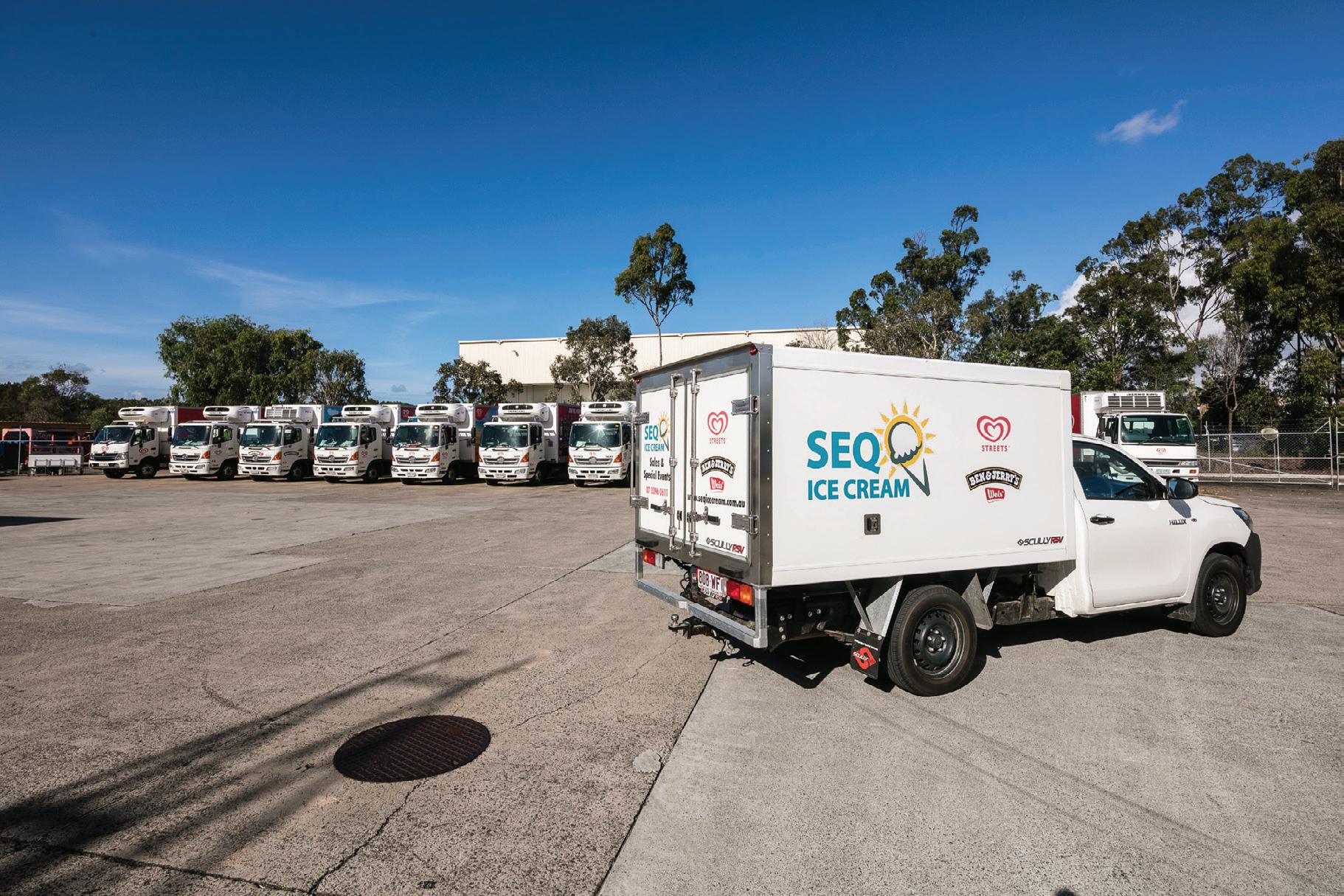

Reduce Costs Cost savings of up to 8%
Increase Efficiency Evaluate your logistic processors and achieve transparency
Unit 415, 410 Elizabeth Street Surry Hills, NSW 2010 PTV Group Australia +61 2 9698 1292 www.ptvgroup.com










